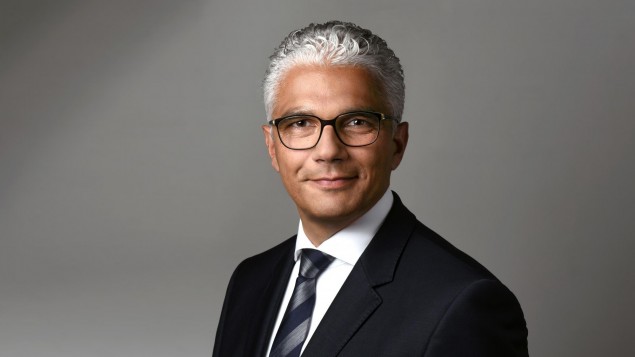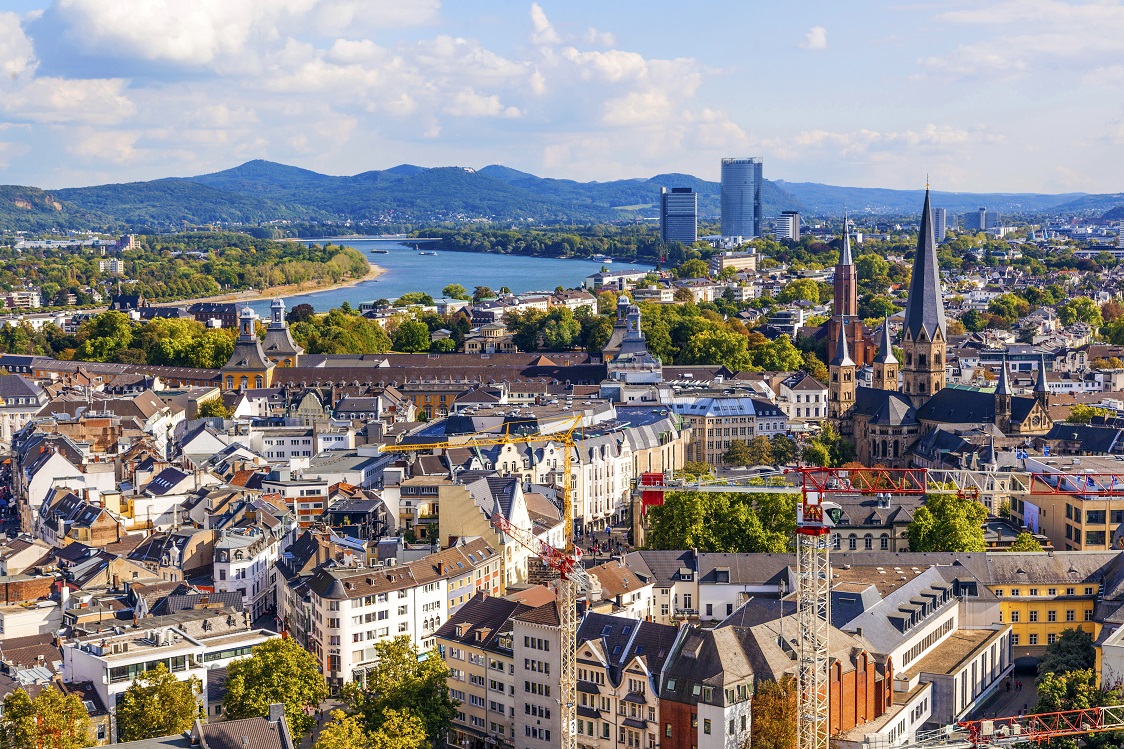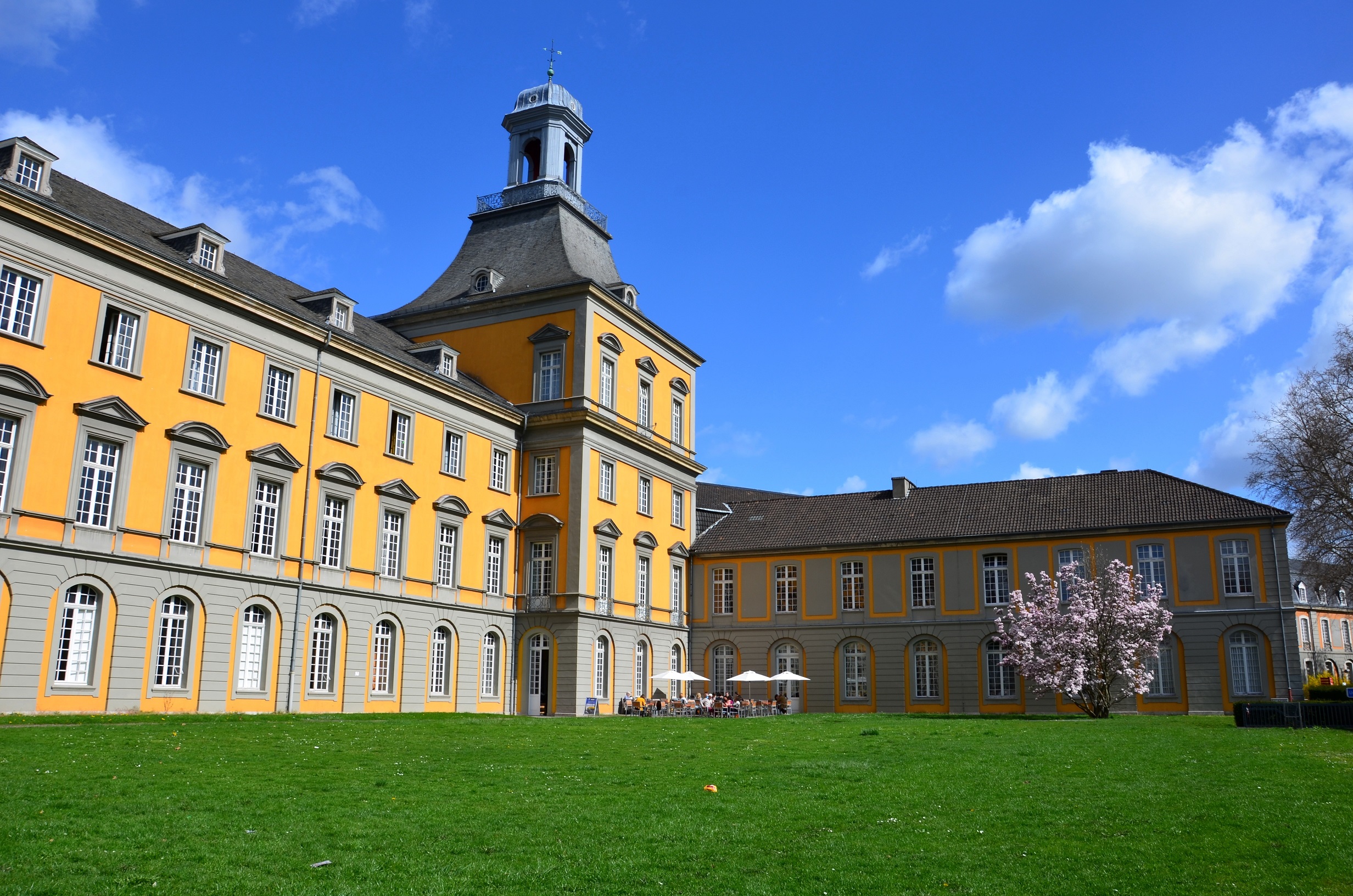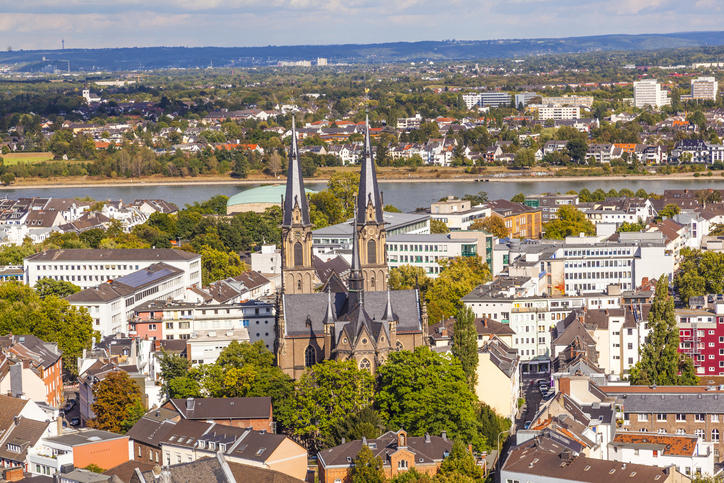Mayor of the moment

Ashok
Sridharan
Bonn, Germany

1. As Mayor, you have prioritised climate change as a key policy area for the city, having declared a climate emergency in July this year. How do you approach the dual challenge of addressing climate change impacts while ensuring the most vulnerable in society are not adversely impacted by policy trade-offs?
Over the past year, we have seen the urgent need for climate action taking centre stage. And we have to thank the young generation for this, a generation that is taking to the streets and demanding climate justice. The climate crisis is real and it is global. More than 1,000 cities and regions worldwide have already declared a climate emergency! ICLEI*, as a network, is guiding and supporting cities on the low-emission and resilient pathway to sustainable urban development.
For Bonn, declaring a climate emergency has been a further step on the sustainability path. Early this year, we adopted our first sustainability strategy, based on Agenda 2030 and with climate, energy, mobility and resilience being essential pillars. We have not started from scratch and we are not doing this alone. The sustainability strategy has been developed in a participatory process with our various stakeholders from civil society, business and science. The same applied for the implementation of our Masterplan on Climate and Energy of 2011 through our integrated climate action plan in 2014.
We feel empowered by the recent decision of our City Council to become climate neutral by 2035. While we continue reaching out to our citizens and stakeholders, mobilizing them to take action, the Council decision on climate neutrality puts our own responsibilities on top of the agenda so that we may lead by example. Our next step will be our new mission statement on climate mitigation and adaptation that envisions climate neutrality by 2035. My administration has put together more than 300 measures to enhance climate action that will be presented to the City Council shortly.
Throughout the entire process we need to ensure that we are acting with the full consent and support of the public and that we are leaving no one behind. This is why we focus on public participation and take into account the needs of our various stakeholders to arrive at good and balanced solutions.

2. This year you joined 49 other cities in signing the Eurocities Declaration on citizens engagement. How does Bonn use citizen engagement in decision-making processes? In what ways have you mobilised city residents to be more involved?
Bonn has long pursued the path of participation and involvement, which we have also included in our Sustainability Strategy. There are some formalized participation procedures, which are legal requirements, like in our planning processes. Others respond to citizens’ movements and initiatives. Or they were inspired by the spirit of Agenda 21, like participation on the allocation of our city budget. For our climate and sustainability process, we were lucky to benefit from a huge reservoir of expertise coming from our citizens and stakeholders. Their participation did enormously enrich our strategies. And we are very happy that Fridays for Future has recently agreed to join our Climate Advisory Board in Bonn.
Secondly, we have developed strategies for reaching out to our citizens. These include a lecture and event series during our SDG Days, children’s programs like the Climate License for 3rd graders, qualifying them as Bonn Climate Ambassadors, public campaigns for climate action and re-use of coffee cups, and we have just launched a program with public transport providers, companies and stakeholders to scale up company mobility management in Bonn.

3. Bonn was one of the first pilot cities for the OECD territorial approach to the SDGs programme. You have personally advocated for using the SDGs as a tool to improve well-being outcomes for citizens. How are you measuring progress in implementing the global sustainability agenda and what difference is it making to the City of Bonn?
Long before setting up our own sustainability strategy, Bonn started reporting on sustainability performance back in 2000, with a set of indicators that had been provided by Environmental Action Germany (Deutsche Umwelthilfe e.V.), a non-governmental environmental and consumer protection organisation. The fifth edition of our sustainability report will be released shortly and has integrated several new indicators developed by the German Association of Cities and Towns and the Bertelsmann Foundation.
We have also substantially benefited from exchanges with other cities and regions as a pilot city within the OECD programme “A territorial approach to the SDGs – A role for cities and regions to leave no one behind”, supporting cities and regions to develop, implement and monitor strategies to achieve the SDGs. The Roundtable on Cities and Regions on 9 December in Bonn was great inspiration for next steps.
Data makes more difference than anybody can imagine. Data helps us take better decisions and adapt our strategies. And the compiled data of cities, regions and nations underpin global processes. We already have vast experience with climate data. As cities are the level of action on the ground and closest to the people, their data will serve as the very foundation of all global SDG processing!

4. What contribution do you think international initiatives like the OECD Champion Mayors for Inclusive Growth make for working towards inclusive growth in cities? Why have you been such an advocate for international cooperation between cities?
Let me first commend the OECD for this great initiative! To me, it has a double benefit: Firstly, the united voice of mayors and their networks has more impact than the voice of one alone. As President of ICLEI* Local Governments for Sustainability, I am deeply committed to the equitable and people-centred pathway to sustainable urban development, and I am well aware of the enormous challenges that many of my fellow leaders are facing. I therefore appreciate the additional visibility offered by the OECD Champion Mayors initiative, which might lead to concrete support in financing or empowering framework conditions in the future.
Secondly, cooperation is the benefit. Cooperation and peer-exchange, peer learning, help us to find and replicate solutions, forge new alliances and avoid expensive mistakes.
As Mayor of Bonn, cooperation is in my heart and soul! The UN collaborates with business here, civil society with the UN, science with international organisations … and the options are endless. On another note, Bonn has invested in city-to-city partnerships since the late 1990s – and we take pride in putting sustainability at the centre of all these partnerships.
Let me again quote the OECD Roundtable in Bonn. Nine jurisdictions which are so different in culture, geography, legal frameworks – but united in their dedication to the 2030 Agenda! Our diversity has greatly enriched the process and it will continue to do so. I sincerely thank the OECD for this great opportunity for my city and myself to be an active part of this fruitful cooperation!
* ICLEI Local Governments for Sustainability, is a supporting institution of the OECD Champion Mayors

